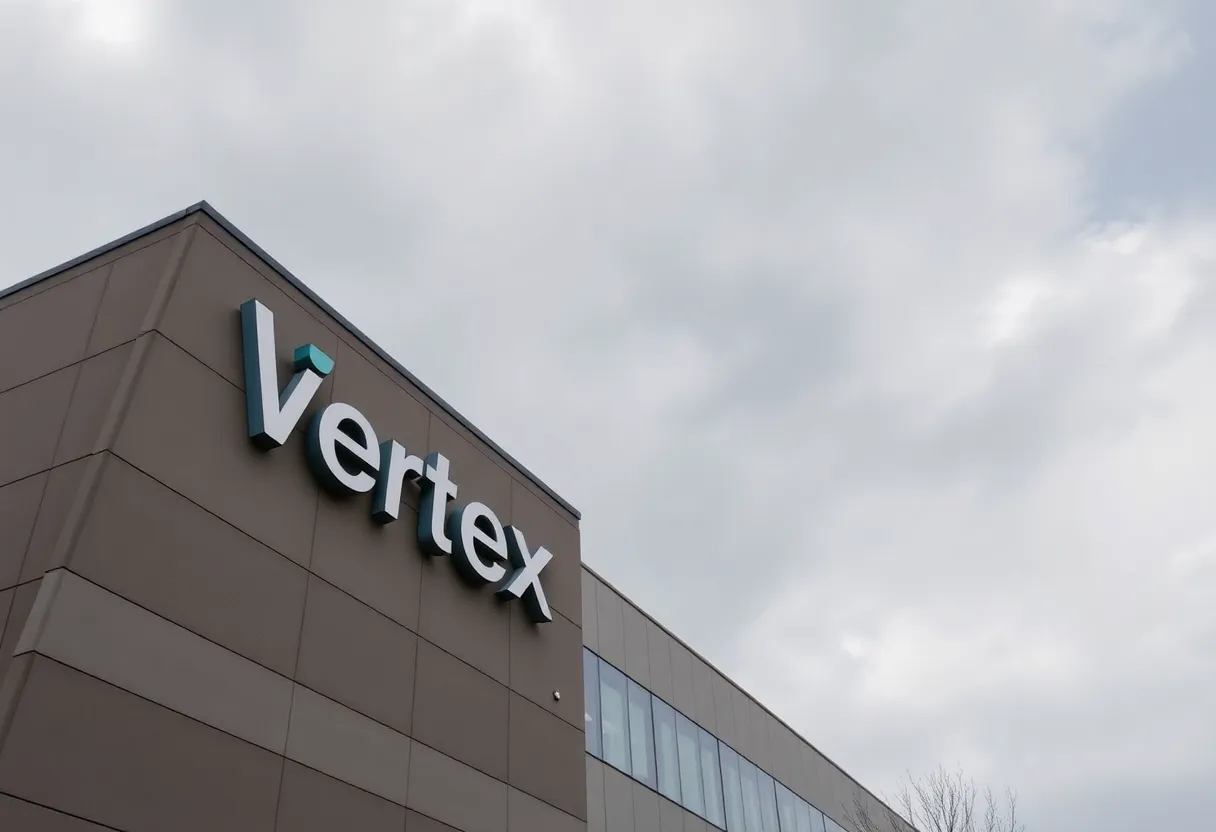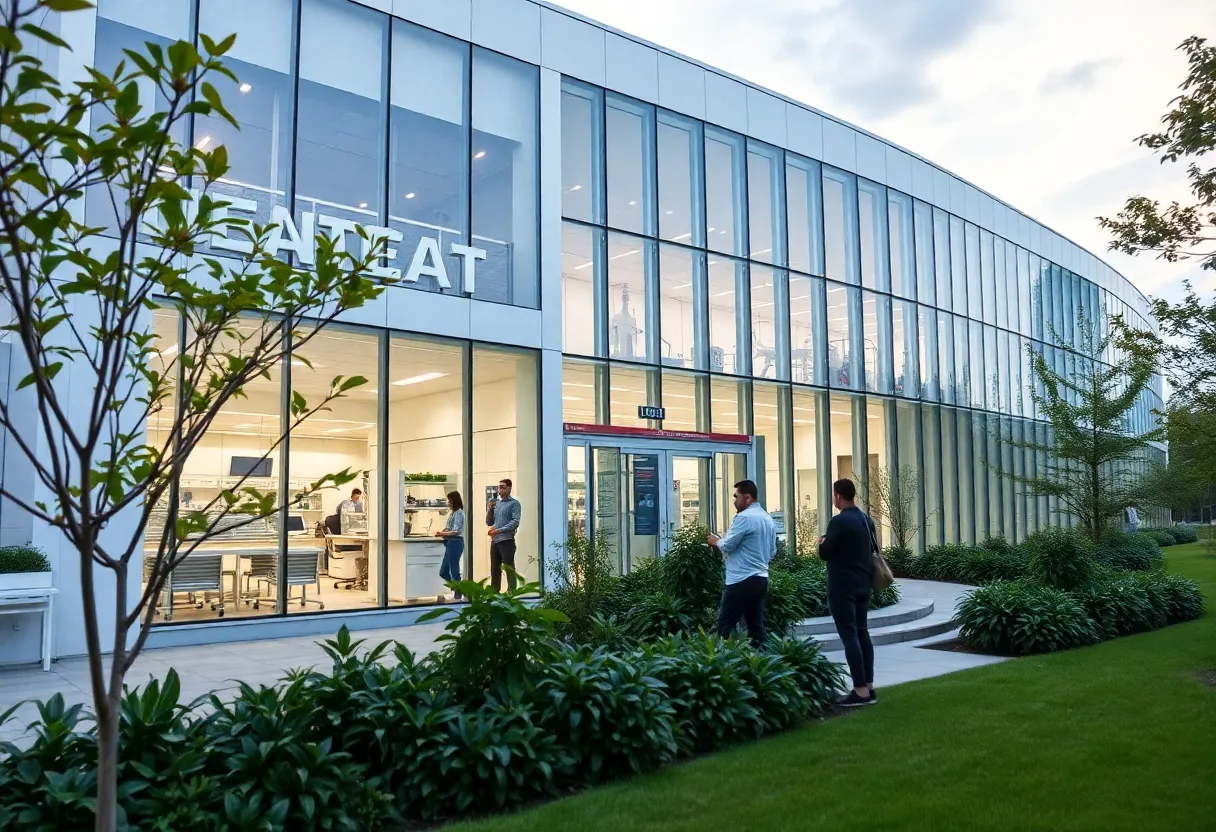News Summary
Rhode Island’s biotech sector faces challenges as Vertex Pharmaceuticals announces layoffs at its Providence facility due to the discontinuation of the VX-264 program for type 1 diabetes. While Vertex consolidates its operations, the lack of disclosed job numbers raises concerns about job security in the state. Despite a growth in employment at Vertex, Rhode Island’s economy shows mixed results and struggles with high housing costs and a mismatch of skills in the job market.
Rhode Island is facing a significant blow to its biotechnology sector as Vertex Pharmaceuticals has announced layoffs at its Providence facility, specifically at its “Cell and Genetic Therapies Research & Development Site.” The layoffs are a direct consequence of the company discontinuing its VX-264 program for type 1 diabetes after it failed to meet efficacy endpoints during clinical trials.
Although Vertex will consolidate its three buildings in Providence into a single location at 225 Carolina Avenue, the overall facility in Providence will remain operational. However, detailed information regarding the number of jobs affected by the layoffs has not been disclosed by Vertex or the Rhode Island Commerce Corporation’s spokesperson.
As of 2024, Vertex Pharmaceuticals employed approximately 6,100 individuals across its operations, marking a notable 13% increase from the previous year. Despite this growth in employment figures, the announcement of layoffs raises concerns about job security in the state, particularly within the competitive biotech landscape.
Rhode Island’s economy overall is exhibiting mixed results, with challenges apparent particularly in comparison to national averages. The state’s unemployment rate currently stands at 4.6%, exceeding the national average of 4.1% and the regional average of 3.5%. Although Rhode Island saw a robust Gross Domestic Product (GDP) growth of 3.6% in the third quarter of 2024, there exists a significant mismatch between available jobs and the skills possessed by unemployed residents, indicating potential barriers to employment in the region.
In the state’s leisure and hospitality sector, job declines have persisted over the past year, and employment levels have yet to recover to pre-pandemic figures. This sector, which has traditionally been a cornerstone of Rhode Island’s economy, continues to struggle amidst changing consumer behavior and other economic pressures.
In response to these economic challenges, a new business center has been launched in Central Falls aimed specifically at supporting local business owners and fostering economic development. This initiative underscores ongoing efforts to stimulate growth and create new employment opportunities in the region.
Despite the efforts being made, Rhode Island grapples with high housing costs, further exacerbating the risk of losing residents to other states that offer lower living costs and more favorable job markets. Furthermore, while the Providence area is experiencing slow wage growth, it is expected to maintain strong employment growth relative to national trends, which could be a beacon of hope for job seekers in the coming years.
As the biotech sector experiences these disruptions, it remains critical for Rhode Island to invest in workforce development and align skills training programs with the needs of local industries, particularly in high-growth sectors like biotechnology. Keeping pace with changes in the job market will be essential in ensuring long-term economic stability and growth within the state.
Deeper Dive: News & Info About This Topic
- GoLocalProv: Vertex Pharmaceuticals Layoffs
- Brown Daily Herald: RI Unemployment Report
- Rhode Island Current: Economic Slowdown in RI
- PBN: Central Falls Business Center
- Providence Journal: RI Business News 2024
- Google Search: Rhode Island economy

Author: STAFF HERE PROVIDENCE WRITER
The PROVIDENCE STAFF WRITER represents the experienced team at HEREProvidence.com, your go-to source for actionable local news and information in Providence, Providence County, and beyond. Specializing in "news you can use," we cover essential topics like product reviews for personal and business needs, local business directories, politics, real estate trends, neighborhood insights, and state news affecting the area—with deep expertise drawn from years of dedicated reporting and strong community input, including local press releases and business updates. We deliver top reporting on high-value events such as WaterFire, Rhode Island International Film Festival, and Rhode Island Comic Con. Our coverage extends to key organizations like the Greater Providence Chamber of Commerce and Providence Warwick Convention & Visitors Bureau, plus leading businesses in finance and manufacturing that power the local economy such as Citizens Financial Group and Textron. As part of the broader HERE network, we provide comprehensive, credible insights into Rhode Island's dynamic landscape.





